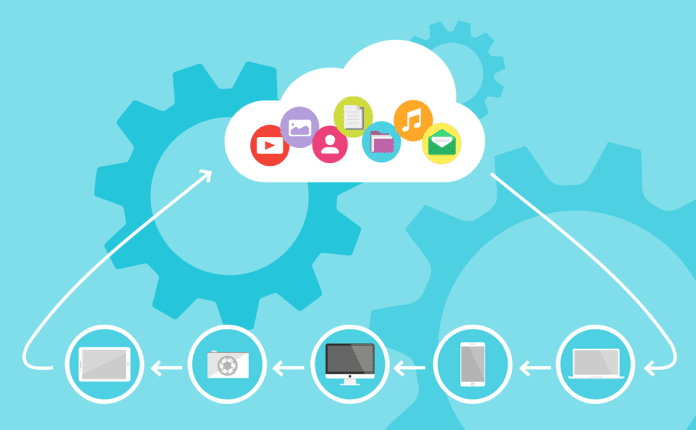Data is one of the key ways that companies can compete in today’s world. And if you want to get ahead in the digital age, you need to understand your storage options and how they affect your business. Here is the difference between two key concepts called centralized data and distributed data:
Centralized Storage
When it comes to centralized storage, everything is in the same place as the name implies. Your data is in one center. The problem is that if this center goes down for any reason, you are out of luck. If a key employee decides not to show up, or there is a power outage, you are in trouble either way. If you have a storage facility in one city and a customer all across the country, it could be slow to serve this up. If you want to speed up your service, you might find yourself paying a lot for a new storage facility if you don’t already have distribution across that stretch. So be sure to take into account the additional risks and costs of keeping all of your data in one place. IT Still Works argues that centralized data storage “typically employs higher-quality components and redundancy, which makes it significantly more reliable than local storage. Centralized database storage facilitates virtualization and provides comprehensive data access, if desired, from anywhere in the world.”
Distributed Storage
This provides a number of benefits to companies. First of all, when your storage is distributed it means that you don’t have to worry about one center going out. You have natural backups all around the country or the world. You have many copies of the same data, so you are safe in the event that a disaster happens. Furthermore, when your data is everywhere, it is faster to serve it up to customers and to your team. This decentralized data strategy lets you keep your data at the ready no matter what area your customers are in. Another advantage of this data approach is that the cost is much lower. When you want to scale out, you can simply get more servers up. You don’t have to add to the same center. Instead, you can leverage services that provide distributed data. And then you can reinvest the profits you gain into your business to dominate your market. In summary, Storj explains that distributed storage is “Faster because multiple machines are serving you your file simultaneously, cheaper because you are renting people’s spare hard-drive space instead of paying for a purpose-built data center, and more secure because your file is both encrypted and shredded.”
How you use your data is crucial to the long term success of your business. Without great data security and availability, you are putting yourself at risk. So make sure you understand the risks and benefits associated with the data storage strategies above and select the best one for you.


















